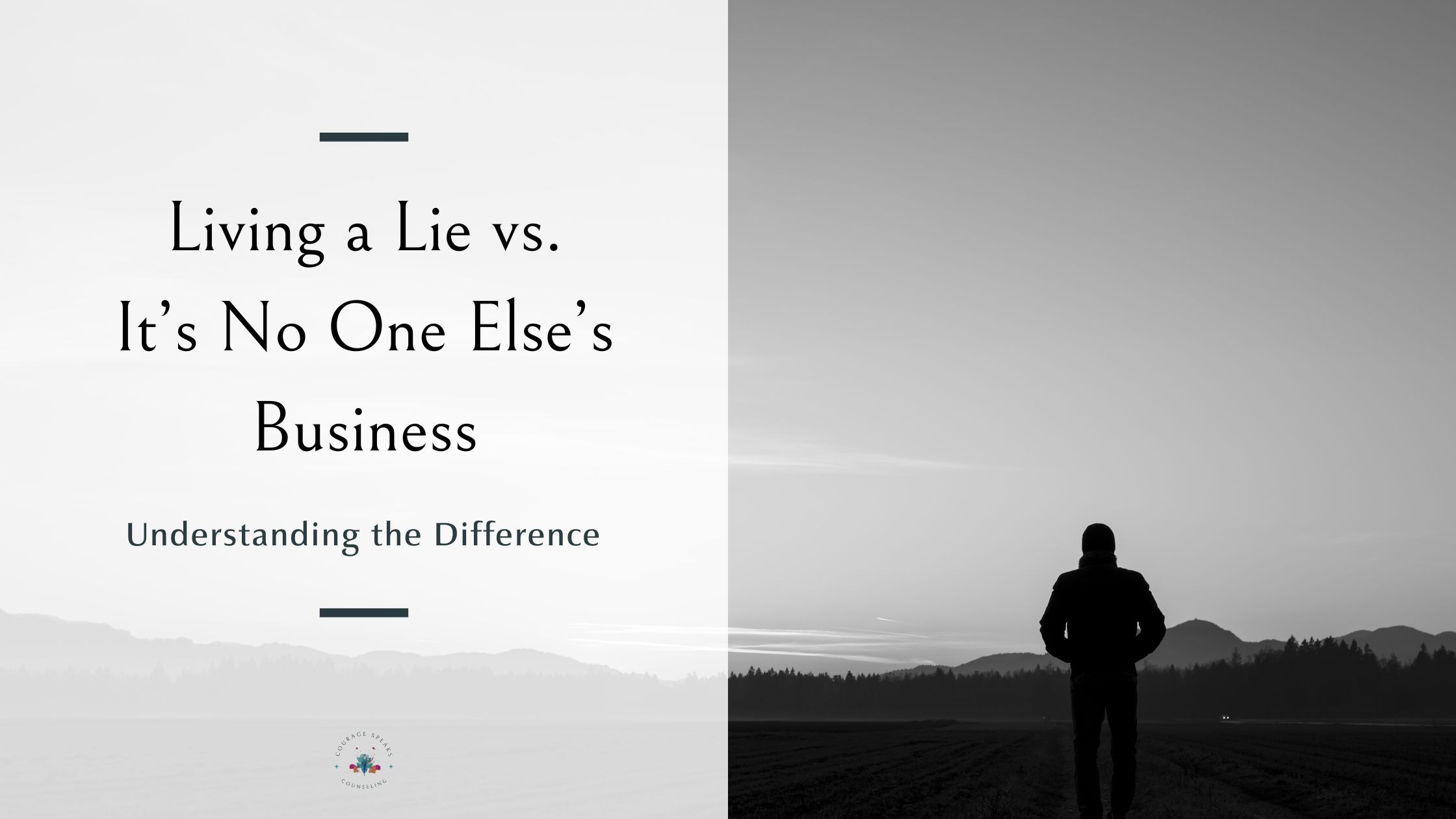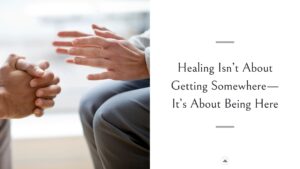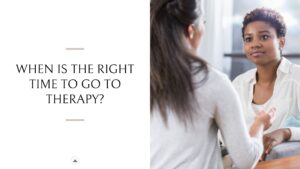
Before, After, and Now: Healing After Life-Altering Events
Healing isn’t about returning to who you were—it’s about learning to live fully in the present and trusting the unfolding of your journey after life-altering events.

There’s a fine line between protecting your privacy and living inauthentically. At times, we might convince ourselves we’re just being private—keeping certain aspects of our lives or truths to ourselves because “it’s no one else’s business.” But how do we know when that boundary tips into living a lie? And what does it cost us when it does?
These questions aren’t easy to answer because they tap into deep fears and vulnerabilities. Are we withholding because we’re protecting something sacred? Or are we hiding because we fear rejection or judgment? The distinction matters—not for anyone else’s sake, but for our own sense of wholeness.
Privacy is a powerful act of self-care. Not everything about who you are or what you’ve been through is meant for public consumption. Some truths are tender, still forming, or not ready to be shared with the world.
When you choose privacy, you’re creating a boundary that says, “This is mine to hold.” It’s a boundary born of respect—for yourself and for the complexity of your experiences. This choice doesn’t diminish your authenticity; instead, it honors the parts of you that need safety to thrive.
For example, you might decide not to share details of a personal struggle with colleagues or distant relatives because those relationships don’t feel safe or supportive enough. This is healthy. It’s an act of discernment, recognizing that not everyone earns the right to your vulnerability.
But there’s a subtle shift that can happen when privacy is no longer about protection but avoidance. Living a lie doesn’t necessarily mean outright deception; it can look like carefully curating how others perceive you to avoid discomfort or conflict.
This might show up as pretending to be happy in a relationship that’s falling apart, presenting yourself as having everything together when you’re barely holding on, or hiding core parts of your identity out of fear of being judged.
Living this way often comes at a cost. It disconnects you from your core self, creating an internal split. Outwardly, you might look polished, but inwardly, there’s a sense of emptiness or even shame. It’s exhausting to maintain a façade, and over time, it can leave you feeling isolated—even in relationships where you crave closeness.
The key difference between privacy and living a lie lies in your intention. Ask yourself:
• Am I holding this back because it’s sacred and not ready to be shared?
• Or am I hiding this because I’m afraid of how others will react?
If it’s about fear—of judgment, rejection, or shame—then it’s worth exploring whether the secrecy is serving or harming you. Fear often convinces us that our truths will make us unlovable. But the reality is that hiding who we are can be just as damaging as the rejection we fear.
Living authentically doesn’t mean baring your soul to everyone. It means finding spaces where you can share your truths without shame. It’s about identifying the relationships where your honesty will be met with curiosity and compassion rather than criticism or dismissal.
Reclaiming authenticity starts with yourself. Are you honest with yourself about what you feel, need, or believe? Or have you buried parts of yourself so deeply that they’ve become hidden even from you?
It’s not always easy to sort through what’s privacy and what’s fear-driven hiding. But the more you approach yourself with curiosity—gently asking why you’re holding something back—the clearer the answers become.
True privacy feels freeing, not heavy. It allows you to hold your boundaries without shame or secrecy. It lets you say, “This part of me isn’t for everyone,” without feeling like you’re erasing yourself in the process.
On the other hand, living a lie is draining. It keeps you stuck in a constant state of performance, worried about being exposed or judged. The freedom comes not from sharing everything but from living in alignment with yourself—whether you choose to share that with others or not.
You don’t owe your truths to everyone, but you owe them to yourself. Privacy is a choice; living a lie is a survival strategy that often leaves us disconnected. The challenge is finding the courage to move from fear into authenticity—not for anyone else, but for the sake of your own inner peace.
Embracing Shadows, Illuminating Hope,
Chelsey Fjeldheim, LCSW
Empowering Souls on the Path of Healing
Copyright © 2025 Chelsey Fjeldheim, Courage Speaks Counseling

Healing isn’t about returning to who you were—it’s about learning to live fully in the present and trusting the unfolding of your journey after life-altering events.

Healing isn’t about fixing yourself. It’s about staying present, feeling fully, and letting transformation happen without force.

There’s no perfect time to start therapy, but if you feel stuck, disconnected, or overwhelmed by change, it might be the right time to explore it.

Because you matter. You are important. You are worth it.